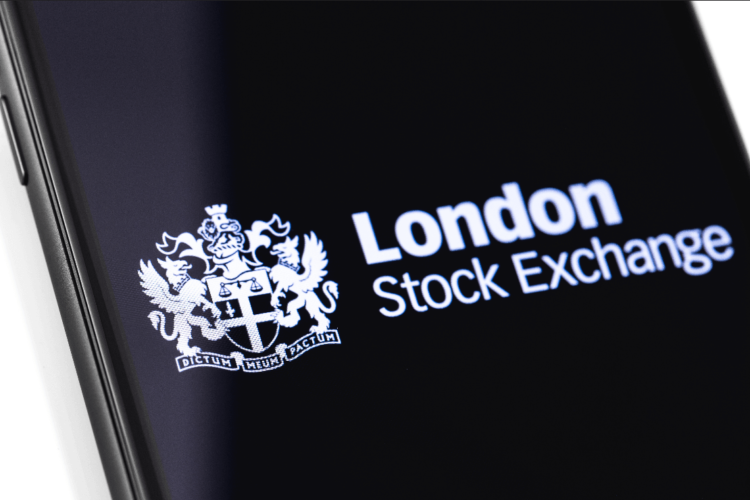A new bridge between the traditional finance industry (TradFi) and decentralized finance (DeFi) might be available to London Stock Exchange Group (LSEG)’s institutional clients by the end of this year, according to Rachid Ajaja, Founder and CEO of AllianceBlock, the creator for the bridge and developer of the globally compliant decentralized capital market.
He estimates to see the first use case with the LSEG around Q3-Q4.
The company already announced their Data Tunnel, as the “oracle of oracles” and the first use case of their strategic partnership with Ocean Protocol (OCEAN). It’s meant to connect the TradFi and DeFi industries, and simplify compliance with financial regulations. With the Minimum Viable Product (MVP) already launched, the full-featured v1.0 is expected be released next month.
According to Ajaja, this link will open numerous doors and bring a new stream of revenues, as potential clients are interested in this product because of the compliance layer, as well as the peer-to-peer lending and short-term financing abilities.
AllianceBlock joined the LSEG’s Partner Platform in late January. It enables the company to reach institutional clients over LSEG’s Global Innovation Network, a purpose-built network infrastructure to support financial services transactions, as well as offer LSEG’s connected clients (investment firms, sell-side brokerages, data and technology vendors) the ability to access AllianceBlock directly over their connections to LSEG.
Challenges and solutions
Ajaja stressed that while there is a huge potential in decentralized technology in terms of cutting costs and gaining access to new streams of revenue, centralized finance companies face multiple challenges here. It includes identity management and data (in)compatibility, as there is data that cannot be used because blockchain projects would need to follow certain regulations and norms.
Also, per the CEO, institutions are not able to use the potential of decentralized exchanges (DEXes), liquidity mining, yield farming, because they don’t know who is providing liquidity, which is “one of the basic requirements for regulators in every single jurisdiction.”
Therefore, AllianceBlock decided to build using the technology of the decentralized world “with the exact same standard of the centralized world.”
After speaking with some banks, said Ajaja, the solution they arrived at is ‘the trustless know-your-customer (KYC) identity verification’ – creating a way for users to be identified through KYC and anti-money laundering (AML) checks, but with the completely encrypted and fragmented data staying with the users, who can access it with their key pair. Users grant to the regulator access to the requested data, and are able to revoke it.
“We’ve been speaking with the bank in Switzerland and they are very, very interested to use [this solution],” said Ajaja. This unspecified bank is interested in Uniswap (UNI) and other decentralized exchanges, and even though they wouldn’t know who is behind the liquidity providers, they’d know that they are verified, he said.
Also, according to him, non-fungible tokens (NFTs) can be used to represent structured loans, or the collateral of a high-net-worth individual who wants to have access to short-term financing without selling their assets. But this is not easy to accomplish with TradFi, in terms of technology, finances, and regulatory obligation. However, per the CEO, the companies dealing with smart contracts, are considered to be software providers, and are not required to possess certain licenses that cost time and funds.
____
Learn more:
– Yearn Finance Expects Treasury Yield-Farming to Boost Their Revenue
– How Bitcoin and DeFi are Completely Different Phenomena
– DeFi ‘Genie Is Out’ and Is Set For Growth in 2021
– ‘DeFi Will Eat JPMorgan’ But There Are Risks Before That Meal
– Yield Farming-boosted DeFi Set For New Fields With Old Challenges in 2021
– If Traditional Finance Moves to CBDCs, 2 Scenarios Open for DeFi – INDX CEO
– DeFi Industry Ponders Strategy as Regulators Begin to Circle
Credit: Source link











































































































































